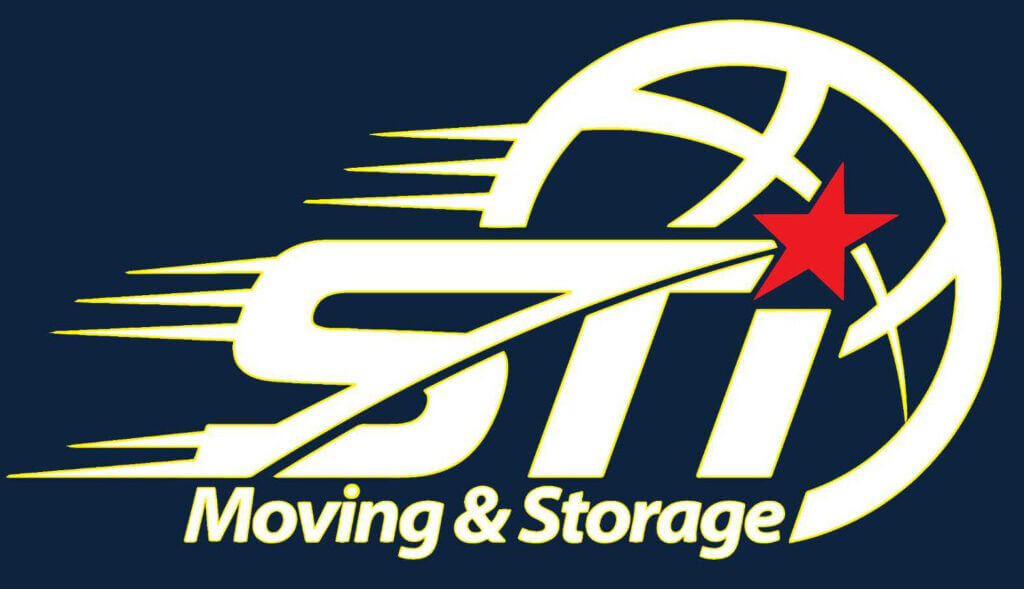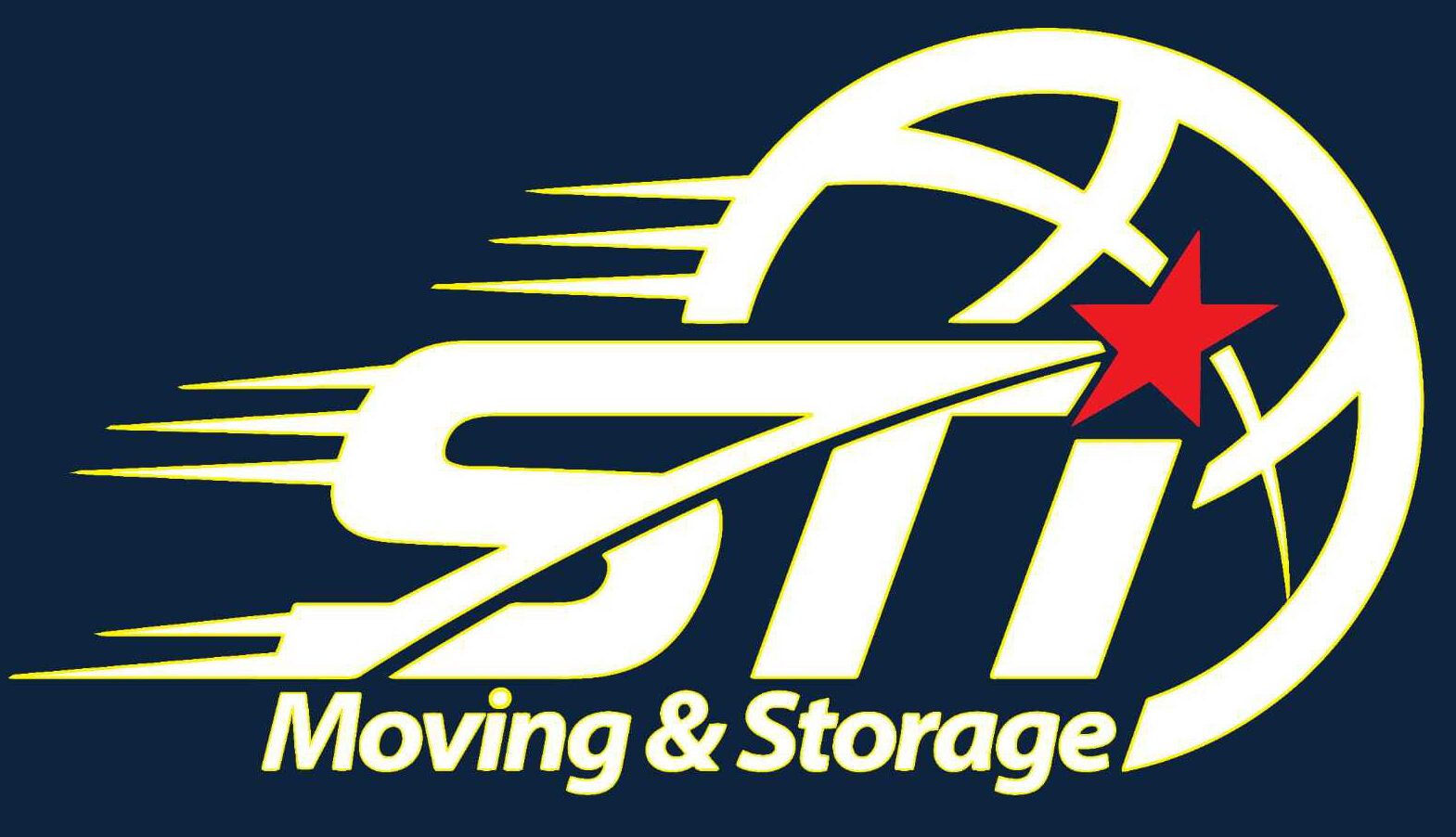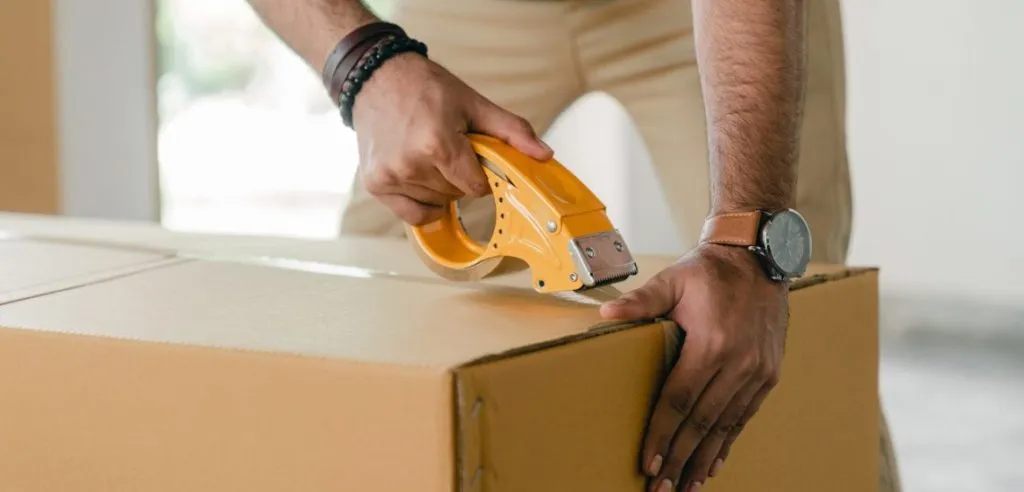When you are relocating, you feel like there is so much to do and you start feeling overwhelmed. Where should you start? How to plan everything out? What professional movers to turn to? It all seems so confusing, doesn’t it? Well, it doesn’t have to be. Some relocation tips work for everyone, every time. Here are the most important ones.
Downsize and Donate
Whether you’re relocating long-distance or moving within Chicago, downsizing your belongings is always a great starting point.
- Declutter: Go through each room and sort items into categories: keep, donate, sell, or discard.
- Donate: Give gently used items to local charities or donation centers. This not only reduces the load you have to move but also helps those in need.
Downsizing saves time, money, and space in your new home while allowing you to start fresh.
Pack a Bag of Essentials
When you move into your new home, finding essentials like toiletries, pajamas, or bed linens can be a hassle amidst the chaos of unpacking.
- Pack a separate bag with items you’ll need immediately after the move.
- Include essentials such as toiletries, medications, chargers, a change of clothes, and basic kitchen items.
This “first-night bag” ensures comfort and convenience while settling in.
Stop Buying Food
Avoid unnecessary spending on takeout or delivery during the weeks leading up to your move.
- Empty Your Fridge and Pantry: Plan meals around the perishable items in your refrigerator and freezer to minimize waste.
- Use non-perishable pantry staples creatively to reduce the number of items you’ll need to transport.
Take Photos of Your Assembled PC Cables, Etc.
Reconnecting electronics in your new home can be frustrating if you don’t remember how they were set up.
- Take clear photos of your computer cables, gaming systems, and other electronics before unplugging them.
- Use zip ties or twist ties to organize cords and label them for easy reassembly.
This simple step saves time and reduces confusion during the setup process.
Label Boxes by Rooms
Labeling your moving boxes by room will make unpacking significantly easier.
- Clearly write the name of the room on each box (e.g., “Kitchen,” “Bedroom”).
- Include a brief description of the contents, such as “Cookware and Utensils” or “Winter Clothes.”
Color-coded labels or stickers can further simplify the sorting process, especially if you have movers helping unload.
Heavy Items into Smaller Boxes
Heavy items like books, cookware, or tools should go into smaller boxes to make them easier to lift and transport.
- Avoid overloading large boxes with heavy items to prevent injuries or damage to the boxes.
- Wrap fragile items carefully using bubble wrap, packing paper, or towels for extra protection.
Book Movers (or Notify Friends and Family) Early
The earlier you book professional movers or ask friends and family for help, the better your options will be.
- Research moving companies and compare quotes to find one that fits your needs and budget.
- For friends or family, give them plenty of notice about when and how you’ll need their assistance.
Booking early helps avoid last-minute stress and ensures everything is scheduled efficiently.
Load Heavy Furniture into the Truck First
When packing the moving truck, start with heavy and massive furniture items.
- Place large items like couches, beds, and dressers at the bottom and toward the front of the truck.
- This creates a stable base for stacking lighter boxes and smaller items on top, maximizing space and ensuring safety during transit.
Bonus Tip: Stay Calm and Organized
Moving can be overwhelming, but staying organized and following a checklist can help. Take it one step at a time, and don’t hesitate to ask for help when needed. By following these simple yet effective tips, you can make your relocation process much smoother, whether it’s across town or across the country. A little planning and preparation go a long way in reducing stress and making your move efficient and manageable. Good luck with your relocation!



